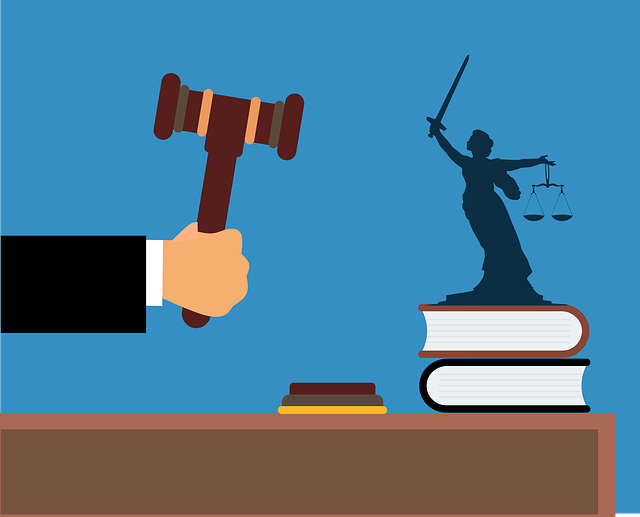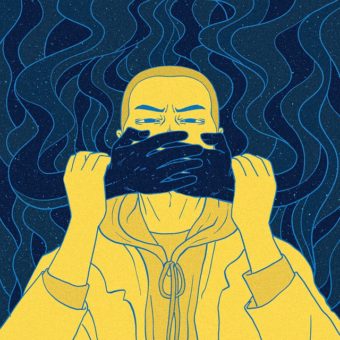Last Updated on August 10, 2023 by Michelle Ball
By Michelle Ball, Sacramento California Expulsion, Special Education, sports/CIF, College, Education and School Attorney/Lawyer for Students since 1995
Is a university suspension or expulsion hearing fast approaching? Is the college really hammering the student involved to sign something? Can the student bring legal help in to handle the hearing for them? Yes, but colleges still try to stop attorneys any way they can.

Lawyers Can Advise University Students at Discipline Hearings
If a postsecondary student is attending their discipline hearing and wants support, they usually are allowed to bring at least one person with them. This person is deemed the student’s “advisor.”
Most of the time, the student’s advisor can be an attorney, family member, advocate, or other support person of the student’s choice. This advisor can help the student during any college expulsion hearing.
The attorney advisor can listen, advise, direct, and guide the college student during their discipline hearing.
Attorneys Can Speak to the College Student at Discipline Hearing
Unfortunately, colleges and universities set their own discipline rules, and they really don’t like attorneys barging in and potentially winning for the student.
As a result of the college’s apparent fear of lawyers, they often limit advisors at discipline hearings to speaking only with their client, the college student. They don’t let advisors make arguments or question witnesses.

Instead, universities make the inexperienced college student, who may be in their teens, present their own case. This is all while the student has to testify on their own behalf, and formulate questions for witnesses against them.
Attorneys can still act as quiet student advisors. Fortunately for students, this skilled, albeit hushed, legal guidance at their discipline hearing, is certainly better than going it alone.
Colleges Want the Student to Represent Themselves
Why won’t postsecondary institutions let attorney advisors speak?
The reasons they say are that they want the college student to have a stake in the matter. They say student should be able to express their own position and to advocate for themselves. Sometimes universities say they want more “collaboration” or a more open process.
I don’t buy it.
Colleges stop lawyers as we understand the rule breaches and legal violations committed by universities. We see their illegal acts and processes and call them on their wrongs. We are licensed to interpret law and tell them with authority when they are breaching it.
Lawyers make the discipline process more difficult for college officials. I would want to exclude attorneys if I were a college also, as attorneys may just make a college hearing fair. Why would a college want a fair student hearing?! They don’t, they want to win by crushing the college student.
Colleges will do anything to try to cut down an attorney’s effectiveness.
What Can a University Student Do?

A university student can still bring an attorney with them, which can add great value.
The student can prepare for the hearing with their attorney, outlining all arguments, questions, and breaches, so the student can present them properly. Attorneys can assist a college student with pre-hearing documents and preparation as well.
During the hearing, the student may speak with their attorney quietly to get advice, guidance and insight into what they should be saying, doing, and what may be awry in the procedure.
So, all hope is not lost. Students can still present a great case, but just have to do it with a more silent advocate at their side.
Michelle Ball is a college student attorney and advocate who has assisted with discipline hearings, grade appeals, grievances, and many other issues in the postsecondary setting. Centrally located in Sacramento California, she can assist across the state, including in Guerneville, San Jose, Long Beach, and Davis.




